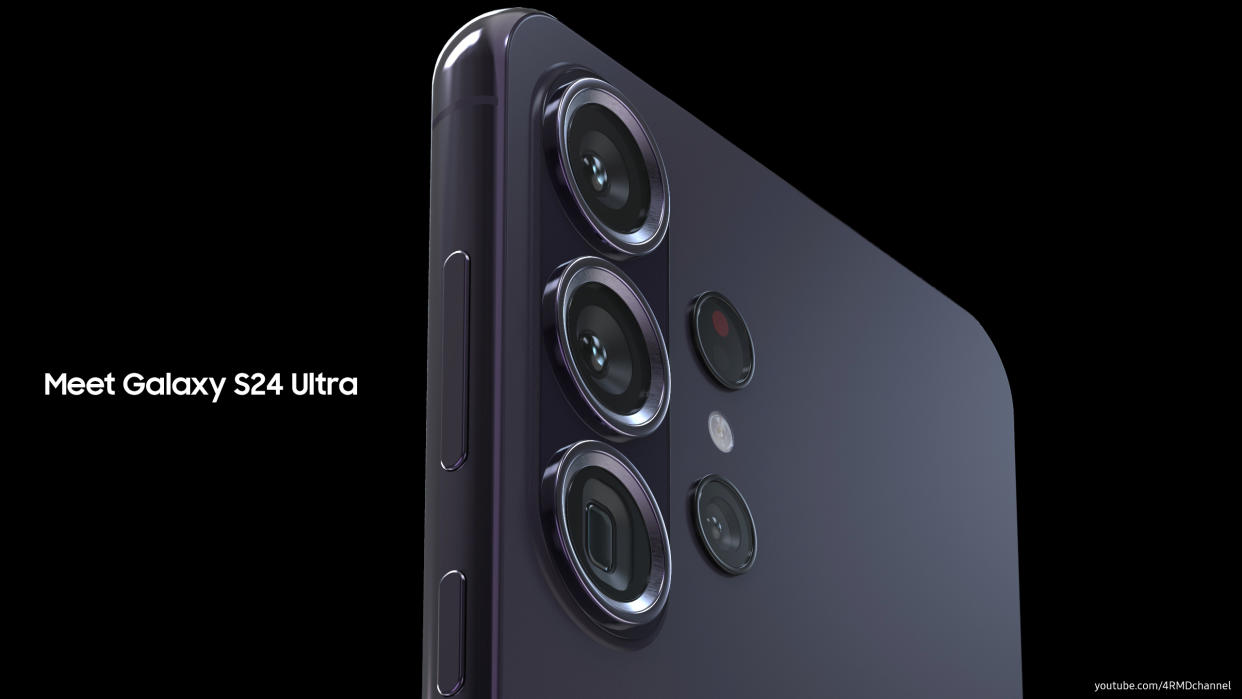Samsung Galaxy S24 packs a souped-up Snapdragon 8 Gen 3 — here's which phones could get it

At the end of July, the Samsung Galaxy S24 Plus popped up on Geekbench with an impressive set of scores. The listing includes a single-core score of 2,233 and a multi-core one of 6,661, making it speedier than just about any Android handset out there.
The chipset is assumed to be the upcoming Qualcomm Snapdragon 8 Gen 3, but given Samsung has its own ‘For Galaxy’ version for the current generation, the question is whether this is another souped-up exclusive Galaxy edition.
It seems like it is. Another Android smartphone labeled Nubia NX769J — likely to be the upcoming RedMagic 9 — has appeared on Geekbench with the same “pineapple” motherboard and “walt” governor as the S24 Plus listing. But it has far weaker scores.
With a single-core score of 1,596 and a multi-core one of 5,977, it’s markedly weaker than the S24 Plus listing. And while that’s unlikely to be the kind of thing you’d notice in day-to-day use, it does suggest that Samsung has once again negotiated an improved ‘For Galaxy’ chipset, giving anyone looking for the very best smartphone a reason to consider the S24.
However, not every Samsung Galaxy S24 handset will offer this perk, if one rumor is to be believed.
According to Tech_Reve — a leaker who has secured a few correct predictions — Samsung is considering reserving Snapdragon chips for the Galaxy S24 Ultra and Plus models, leaving the basic S24 with its own Eyxnos chips. One explanation is an improved 4nm yield, giving the company more Exynos chips to use.
Historically, Samsung has divided the chipsets it uses by region rather than device, with the US getting Qualcomm and the rest of the world getting Exynos.
That’s something that’s still being considered this time around too, Tech_Reve says, and it seems more likely. As our sister site TechRadar points out, putting its own Exynos chip into a cheaper model would be tacitly admitting it’s a weaker product — which wouldn’t be a good look for Samsung.
This isn’t to say the approach wouldn’t have upsides. Using the Exynos chipset in the standard S24 with Qualcomm for the more expensive units would give buyers around the world a real choice, and could potentially lower the cost of the entry-level model for all.
We’re some way away from finding out which path Samsung will take. Historically, the Galaxy S has arrived in January or February — though there’s a chance it could be a little earlier this generation, what with Qualcomm apparently planning its annual summit for October.
